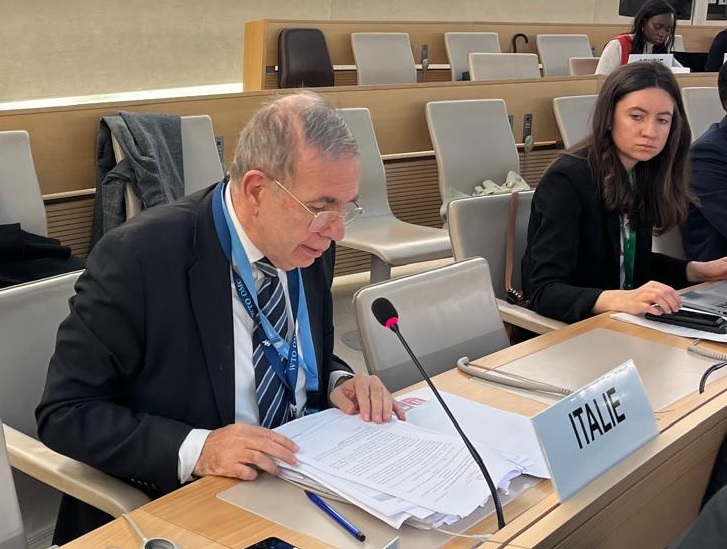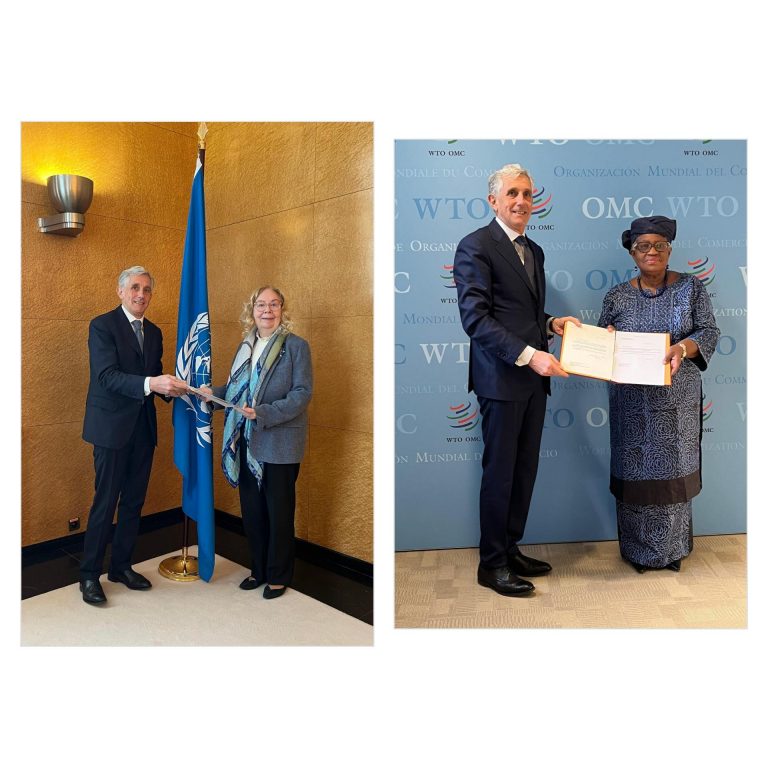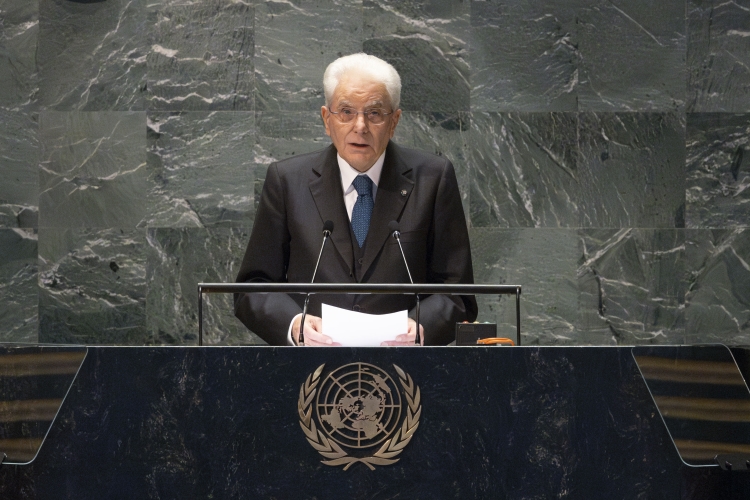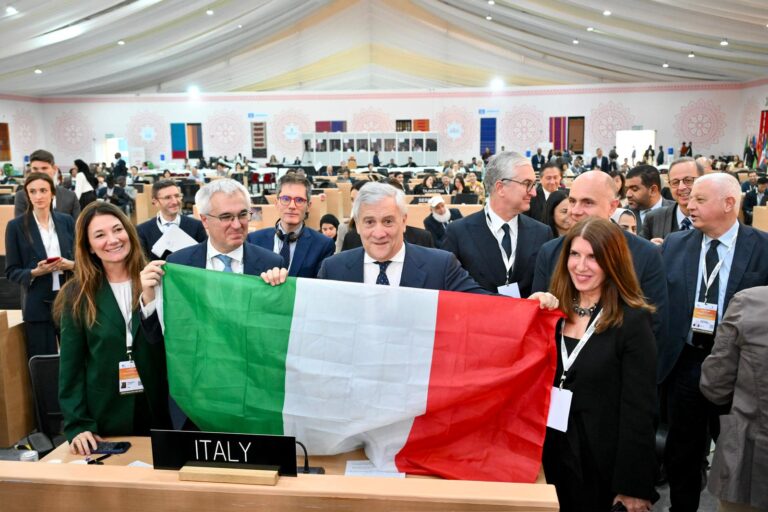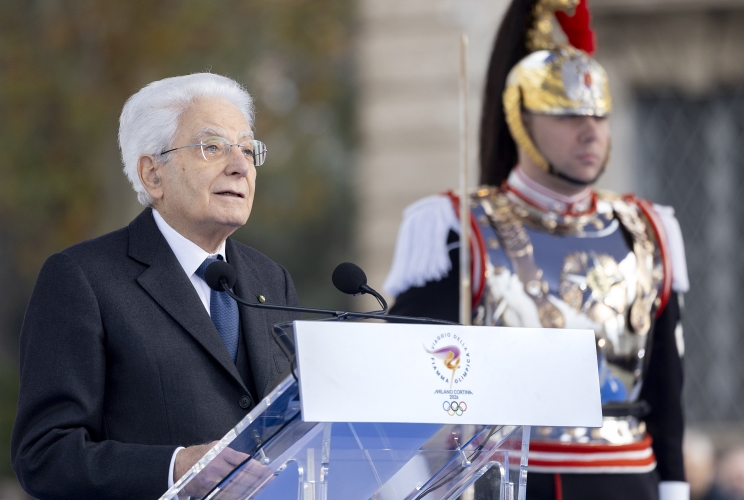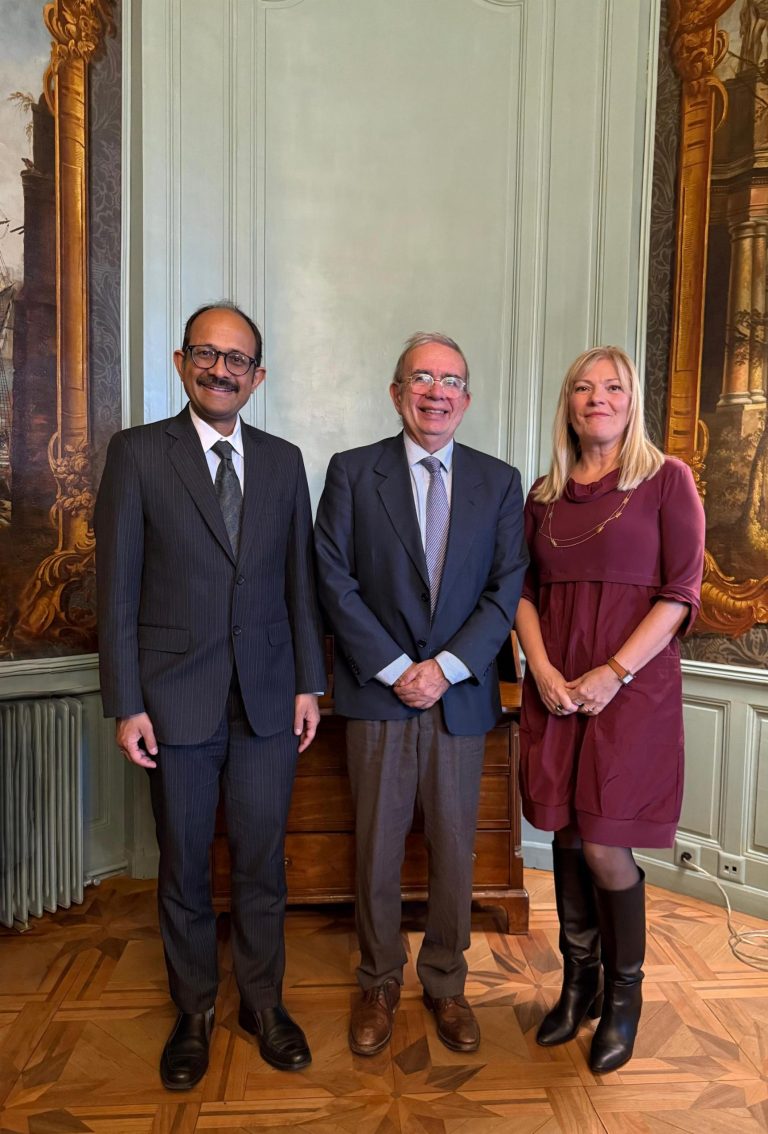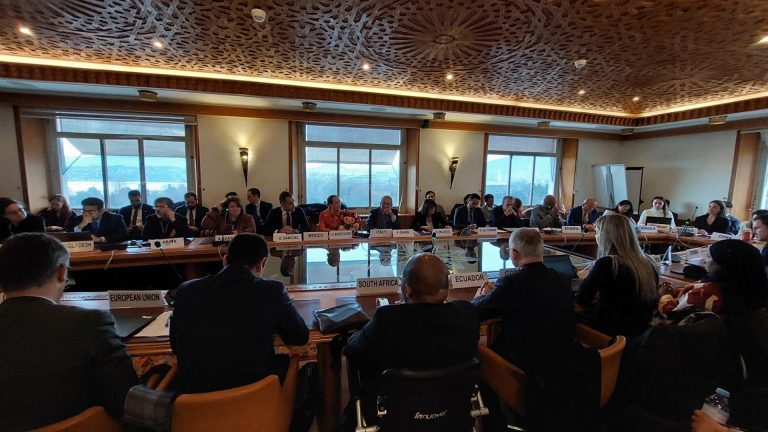The Permanent Representative of Italy to the United Nations and other International Organizations in Geneva, Ambassador Vincenzo Grassi, took the floor today during the biennial high-level panel discussion on the question of the death penalty, opened by the UN High Commissioner for Human Rights Volker Türk with a focus on the role of the judiciary, in the framework of the 58th session of the Human Rights Council.
“Italy remains steadfast in its commitment to the universal abolition of the death penalty. The judicial system is not merely an instrument for enforcing laws but a fundamental pillar in safeguarding human dignity and upholding human rights” stated the Permanent Representative, adding that “the role of the judiciary in shaping a legal framework that prioritizes rehabilitation over retribution is crucial in ensuring justice systems that reflect the fundamental values of human dignity and fairness”.
“The irreversible nature of capital punishment, combined with the well-documented risks of wrongful convictions, raises concerns. Even the most robust legal systems are not immune to errors. Italy believes that an independent judiciary, free from political pressures, is instrumental in fostering a culture of justice that seeks alternatives to the death penalty and promotes human rights-centered penal reforms”, he affirmed further.
The Ambassador also underlined that “Italy commends judicial initiatives worldwide that have led to the restriction and eventual abolition of the death penalty, and encourages continued dialogue on best practices that enable judicial institutions to advance human rights while ensuring accountability and fairness in sentencing practices”.
In conclusion, he asked the panellists to reflect about “how judicial actors, in light of the judiciary’s evolving role in human rights protection, can be further empowered to champion abolitionist policies in jurisdictions where political resistance to abolition remains strong”.
Read the full statement here.




